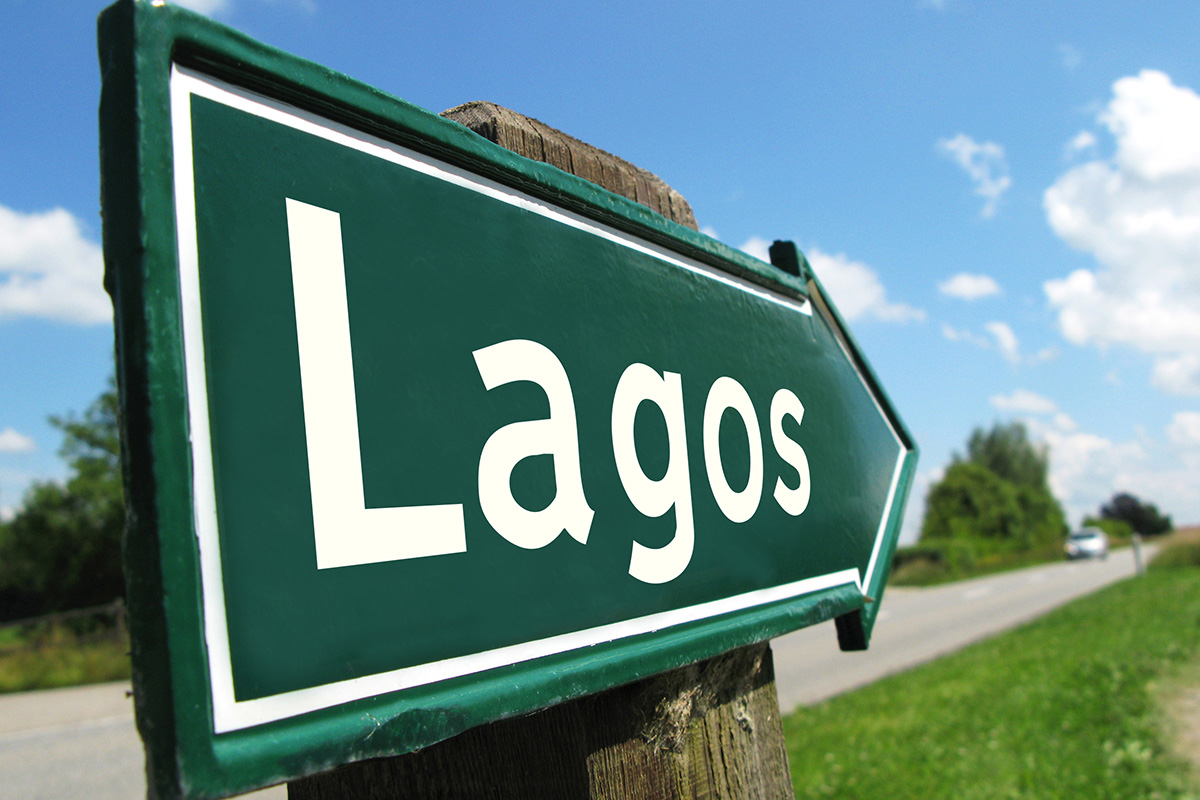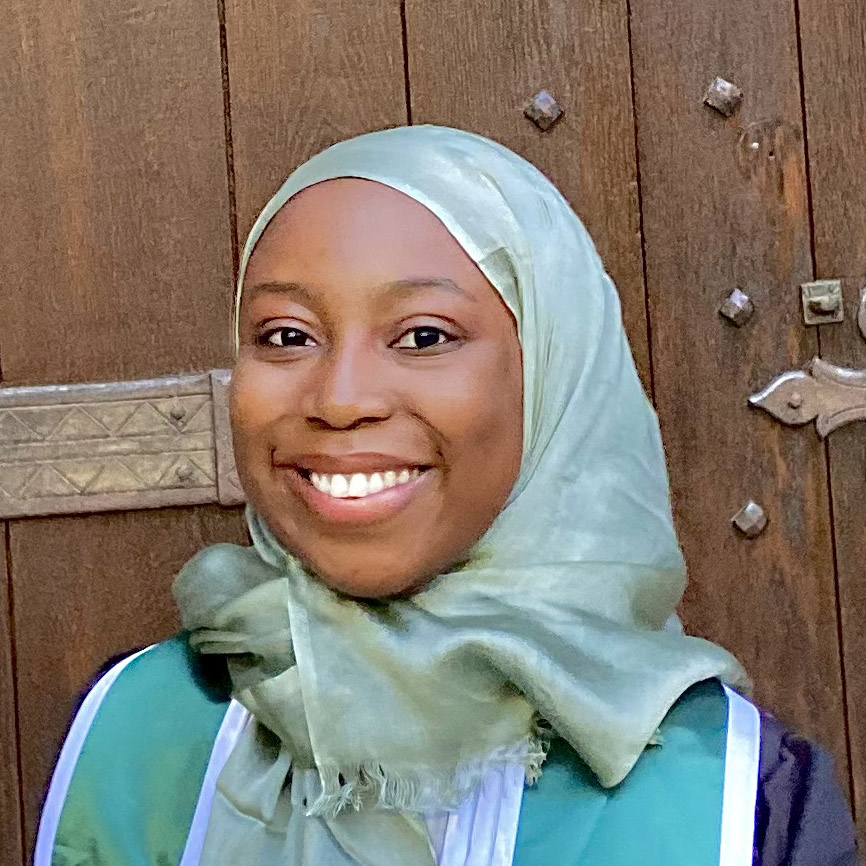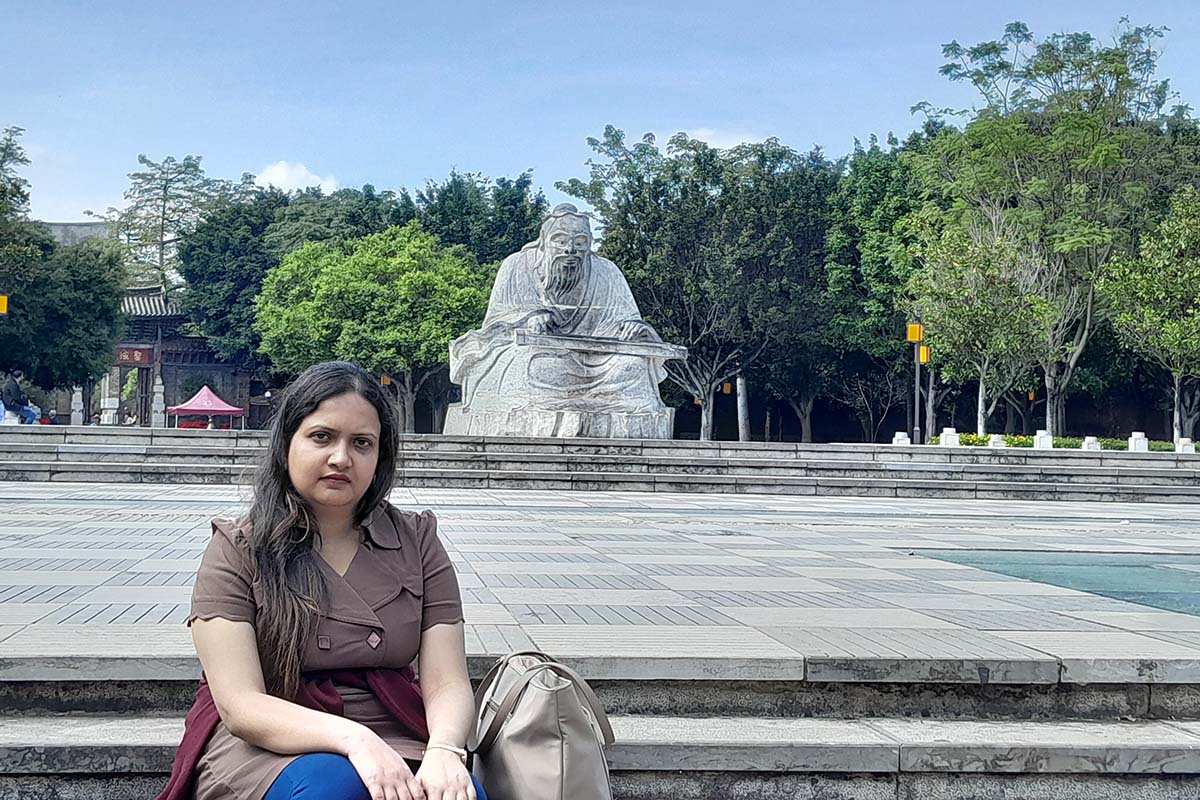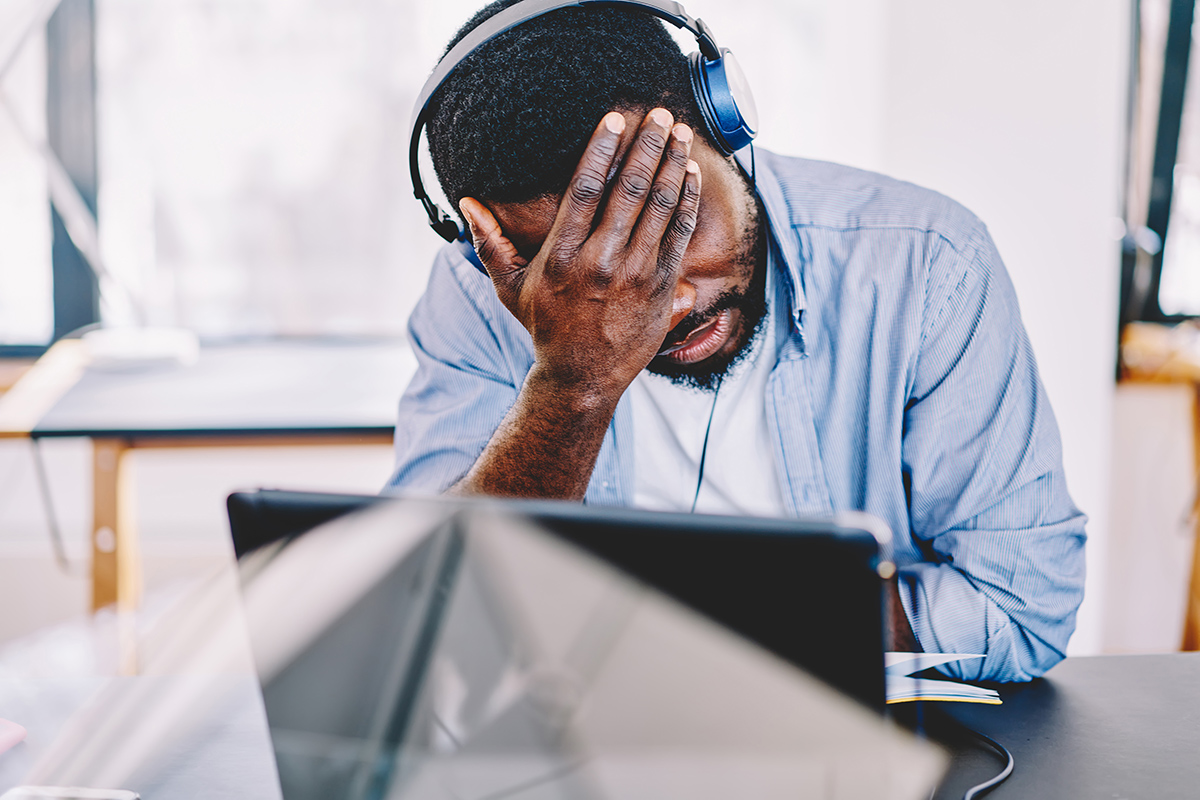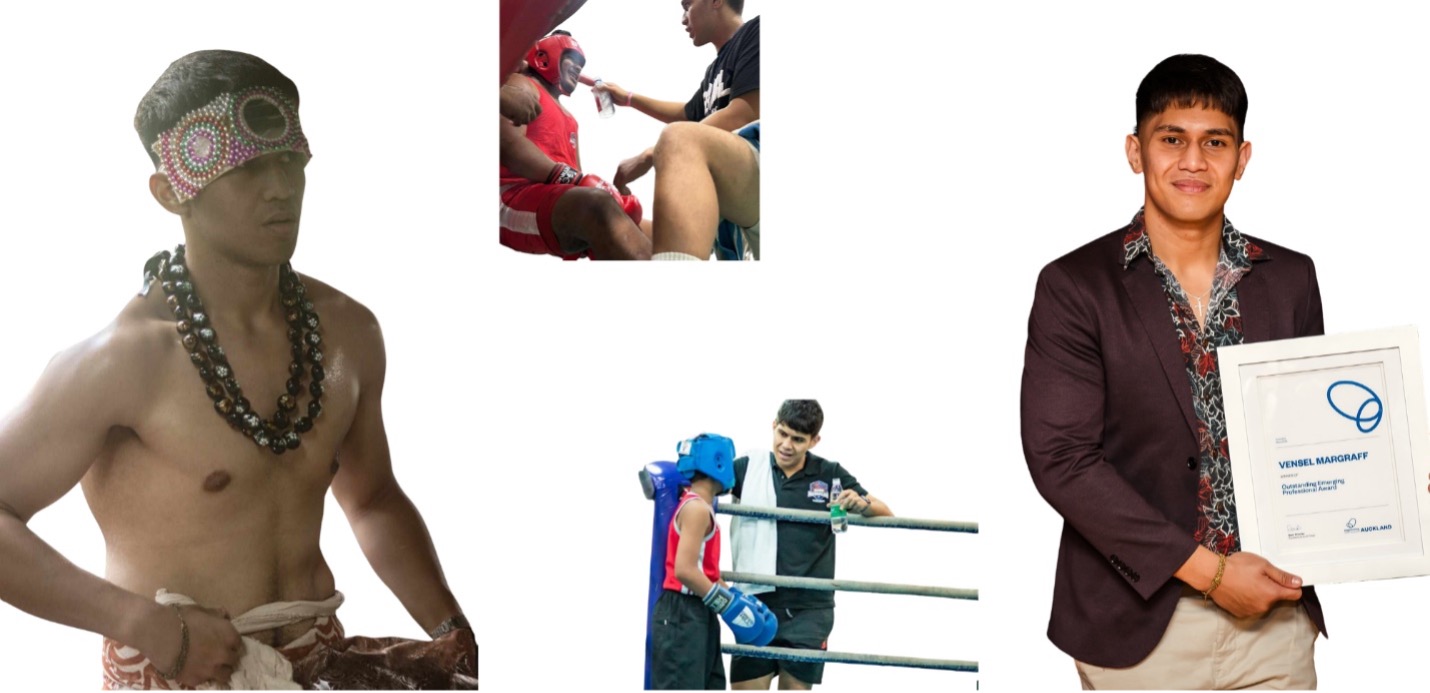My city: Lagos, A city where dreams live on…
August 3by Nafeesah Ahmed-Adedoja
A city that lives in my heart is Lagos. When I am not there, I miss the sweet cube-shaped pineapple pieces and spicy stews. Lagos is one of the most populous cities in Africa and is located in the South West of Nigeria. It is home to millions of people of different ethnicities who emigrate from various cities and countries to chase their dreams. Lagos’s rich history is embedded in diversity and eliteness which still exists in institutions today.
Although I did not grow up in Lagos it has remained a crucial component of my childhood and experiences which have shaped me into the person I am today. To some, Lagos is a city that can mold you into whatever it pleases, turning you towards paths of both calamity and success. The streets, rivers, and walls hold stories of expectations, wars, colonialism, slavery, beauty, and sometimes disappointment.
As a visitor, I used to walk through the markets of Lagos and remember the rich aroma from the roasted plantains mixing slowly with the smell of freshly seasoned fish. The people would laugh, sing and dance to beats old and new from Fela Kuti to WizKid. Artists who have portrayed Lagos in similar ways feature themes such as perseverance and prosperity.
One of the reasons why Lagos is an important city to me is because of what it represents for people and how hardship and resilience are ingrained in the lifestyle of Lagosians. Growing up, landing in Lagos was a new but familiar experience. On our journey from the airport, tall palm trees would greet us as we drove past KFC’s and spectacular monuments. The various shaped houses were squeezed inside estates with enormous gates guarded by carefree security guards who would often tell jokes and smile widely as they observed cars enter and exit throughout the day. I vividly remember visiting my grandmother’s freshly painted apartment in Ikeja, the capital of Lagos, and watching tv dramas whilst beads were put into my hair. It felt different from the hustle and bustle of the life we lived in London, but as I grew older, I began to notice many similarities between the two from the high-rise buildings to the transportation systems. Before
college, I traveled around Lagos and explored its museums, restaurants, and beautiful architecture from the colorful floating houses in Makoko to the majestic Banana Island.
During the Summer, at the height of the Black Lives Matter Movement, I began to realize that the Lagos I knew was changing. It was being pushed to a reckoning, and a much-needed uprising. The creation of the #ENDSARS movement in October 2020 came at the brink of police injustice and changed my perspective on Lagosians and the lengths they would go to for a change. The phrase ‘sore soke’ which means ‘speak up’ symbolized hope for millions of people to tell their stories which was heartbreaking and motivating. My connection to the city was strengthened through this movement, because I understood the cries of the youth would be the hope for future generations. This was showcased when the deaths of innocent people spurred protests in London and on social media from well-known voices.
Till today the scars from the movement are still visible in Lagos, graffitied on police stations and bridges. I know that one day, the Lagos I envision will come to life and be a place where opportunities will be rampant for the wealthy and the underprivileged who all long for their dreams to become a reality.
